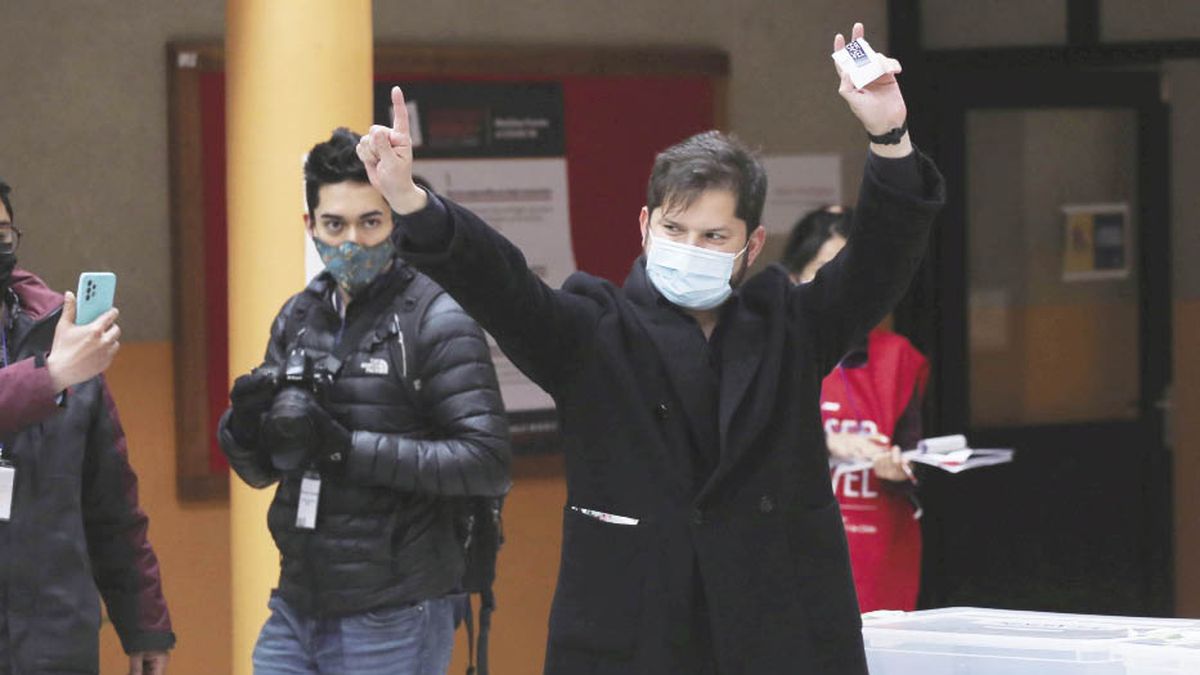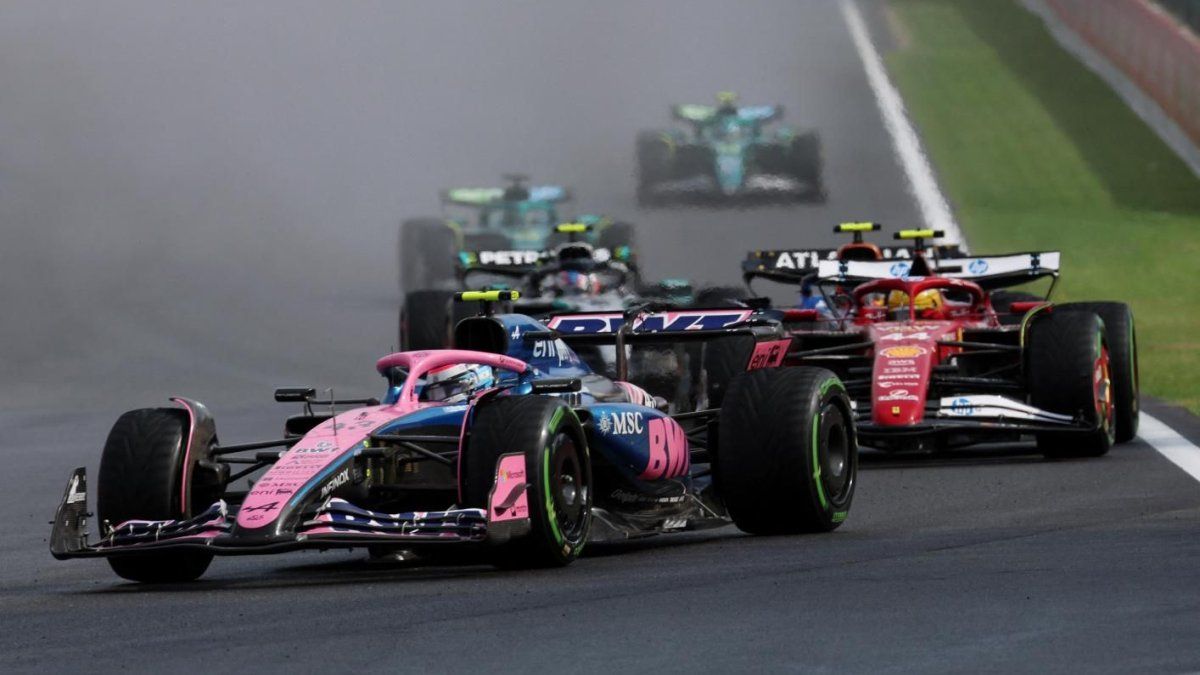Novelty
The surprise of the day was the third place for the populist Franco Parisi (liberal right), who obtained 13.4% of the votes after a campaign on social networks that unleashed a wave of memes in recent weeks when it was confirmed that he would continue at his home in Alabama, in the southern United States, without having set foot in the country during the entire electoral campaign.
A 54-year-old economist, Parisi faces problems with the Chilean Justice for an alleged scam and for not having complied with the alimony of two minor children he had in a first marriage in Chile, so if he returns he will be prohibited from leaving the country.
Against all odds Parisi displaced two candidates that the polls gave as heavyweights in the contest, the most uncertain in 31 years of democracy: the Christian-Democratic senator Yasna Provoste (12.2%) and the right-wing ruling party Sebastián Sichel (12 %).
“We leave with our heads high, I already sent my congratulations to Kast,” said Sichel, early in acknowledging his defeat. In the second round, he affirmed that he would not vote for Gabriel Boric but neither openly called for Kast to vote.
Provoste also acknowledged his defeat in Vallenar, his hometown 700 km north of Santiago, and stressed that “that totalitarian and fascist spirit is what the candidacy of José Antonio Kast represents. We could never have a neutral position regarding what this means for the country ”.
“We do not want those pains and horrors to be repeated” that occurred during the Augusto Pinochet dictatorship, he said without expressing explicit support for Boric, but said that “he will not maintain a neutral position” regarding the bid that is announced for the Chilean second round.
With long lines and a particularly hot day, Chile held on Sunday the most uncertain elections since the dictatorship of Augusto Pinochet (1973-1990), with the idea of changing the neoliberal model that allowed economic growth and political stability in the last three decades but It is pointed out as the origin of the inequality that led to the protests since October 2019.
Election day was marked by a massive call and long lines of voters waiting for their turn amid the restrictions imposed by the coronavirus pandemic.
The polls had predicted that in both the presidential and legislative elections, the most extreme proposals were those that seemed best positioned.
The presidential elections culminate a convulsive two-year period in which Chile experienced a social outbreak, began to draft a new Constitution and dealt with the Covid-19 pandemic.
On the day, parliamentarians – the 155 members of the Chamber of Deputies and 27 of whom will be 50 senators – and regional councilors are also chosen, forming the political board for the next few years, pending the results of the work of the Constitutional Convention .
With Sunday’s results, the Chileans at least temporarily buried the two political parties that ruled their destinies since the return of democracy in 1990: the center-left legacy of the Concertación represented by Yasna Provoste and the current right-wing ruling party led by Sebastián Sichel.
“It can be argued that they are the last elections of the old cycle, since they can end with a different result than the politicians that have existed,” said Raúl Elgueta, a political scientist at the University of Santiago.
Source From: Ambito
David William is a talented author who has made a name for himself in the world of writing. He is a professional author who writes on a wide range of topics, from general interest to opinion news. David is currently working as a writer at 24 hours worlds where he brings his unique perspective and in-depth research to his articles, making them both informative and engaging.




